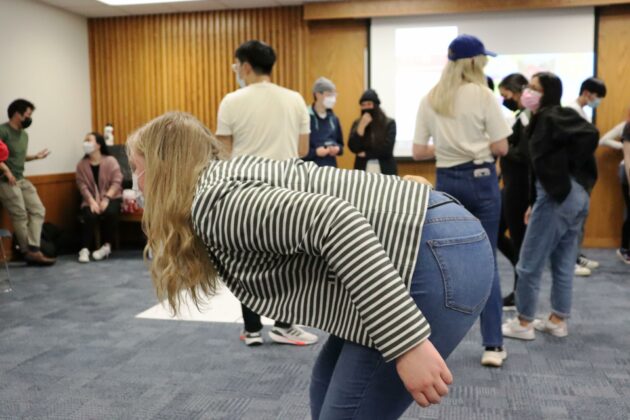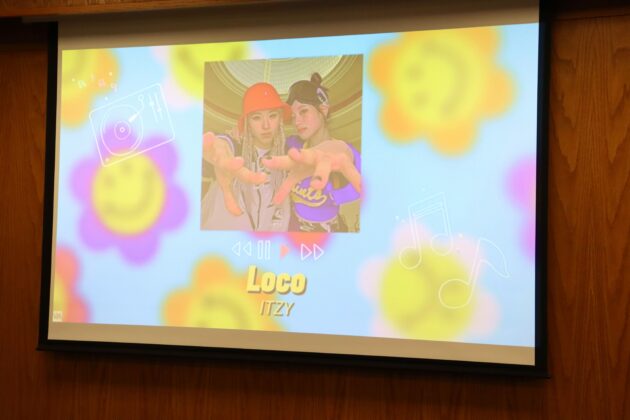BYU students celebrated this year’s Lunar New Year with games, food and company.
Lunar New Year is a celebration for the new year in accordance with the traditional lunar calendar. These calendar years are based on moon cycles, according to BYU senior Raena Lau. This year is the year of the tiger. According to the Chinese Language Institute, the tiger symbolizes bravery, ferocity and intelligence cross-culturally.
Lau said she grew up celebrating Chinese New Year with her family back in Hong Kong, China. It is a big part of her family’s traditions and culture and to her, it is a celebration that brings family together and closer to their ancestors.
“In my family, this is the biggest celebration of the year. My grandparents follow a week-long schedule before New Year’s Eve to cook each dish for the new year celebration,” Lau said, “We typically make four to five types of traditional food and each meal must consist of eight to nine dishes.”
When Lau is home for the new year, she spends the night at her grandparents for two to three days. Each day is filled with different activities, family gatherings and, “most importantly,” food. Lau said she loved experiencing these traditions growing up.
Although Lau has spent the new year in Provo the past two years, she has tried to bring the culture of her home to BYU.
“I’ve tried to make at least two of the traditional dishes and get a group of friends and family to celebrate together. I love making the new year cake and turnip cake. I also make an effort to call my family back home to send them my blessings,” Lau said.
BYU senior from Singapore, Eleanor Woon, said she finds it hard to be festive at BYU when it isn’t filled with celebration like it usually is in Asia. There have even been a few years where she has forgotten it was Lunar New Year until her family reminded her.
“As a Singaporean, I’ve in the past got together with other Singaporeans to do hot pot or a potluck to celebrate. It’s fun and maybe meaningful in a different way at BYU, but nothing can replace celebrating back home,” Woon said.
This year, Woon got to celebrate Lunar New Year with her family back in Singapore. Woon said with COVID-19, gatherings in Singapore have been restricted. However, her family found a way to stay safe and follow the guidelines.
“My family is having a more ‘progressive’ reunion dinner and will meet in smaller batches of people to have our traditional dinner and lou hei,” Woon said.
Lou hei means “the tossing of good fortune.” It is a Singaporean traditional salad toss where the higher the salad mixed and lifted, the more prosperity it is purported to bring.
According to Jody Messick, a BYU senior from Hong Kong and Shanghai, there are many traditions that bring good luck. For dinner, they eat certain foods such as fish, which brings extra blessings or wealth, and long noodles, so they can have a long life. There are also things you can’t do during the new year — such as buy shoes because the Chinese word for shoes sounds like their word for evil, she said.
“My favorite part of Chinese New Year is getting little red packets which has money that usually older people will get the younger people,” Messick said.
Messick said people should know Lunar New Year is a time for family and a “time to get all your ducks in a row” so that you can have a good, happy new year.















